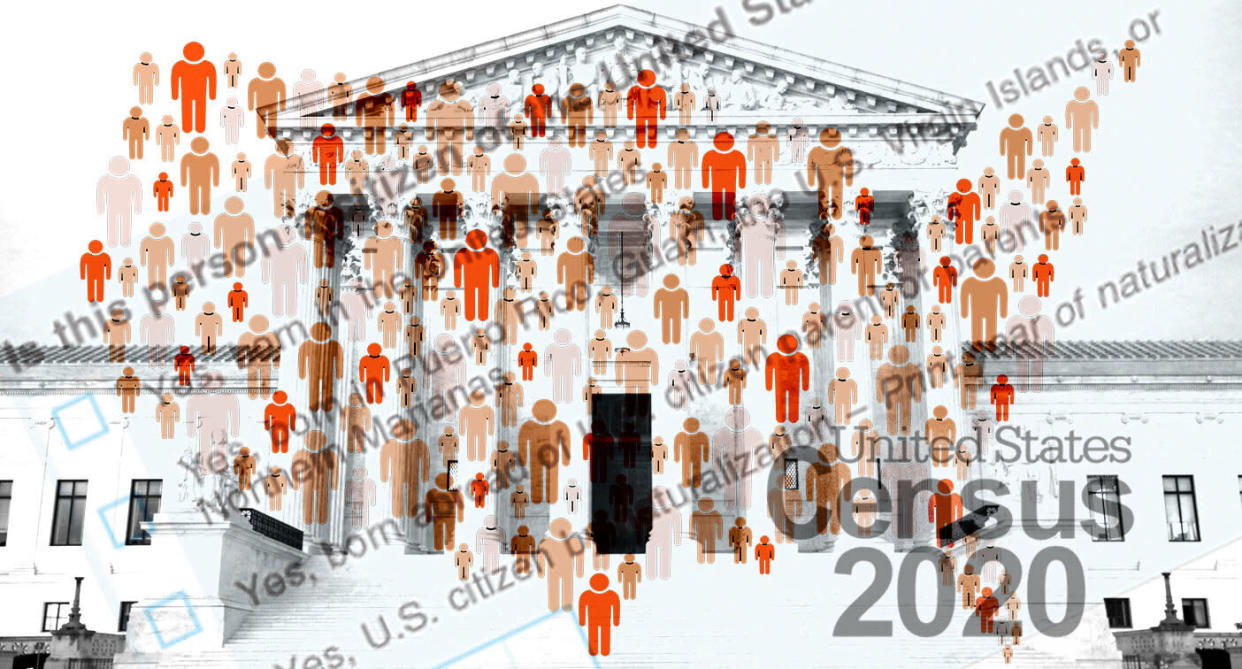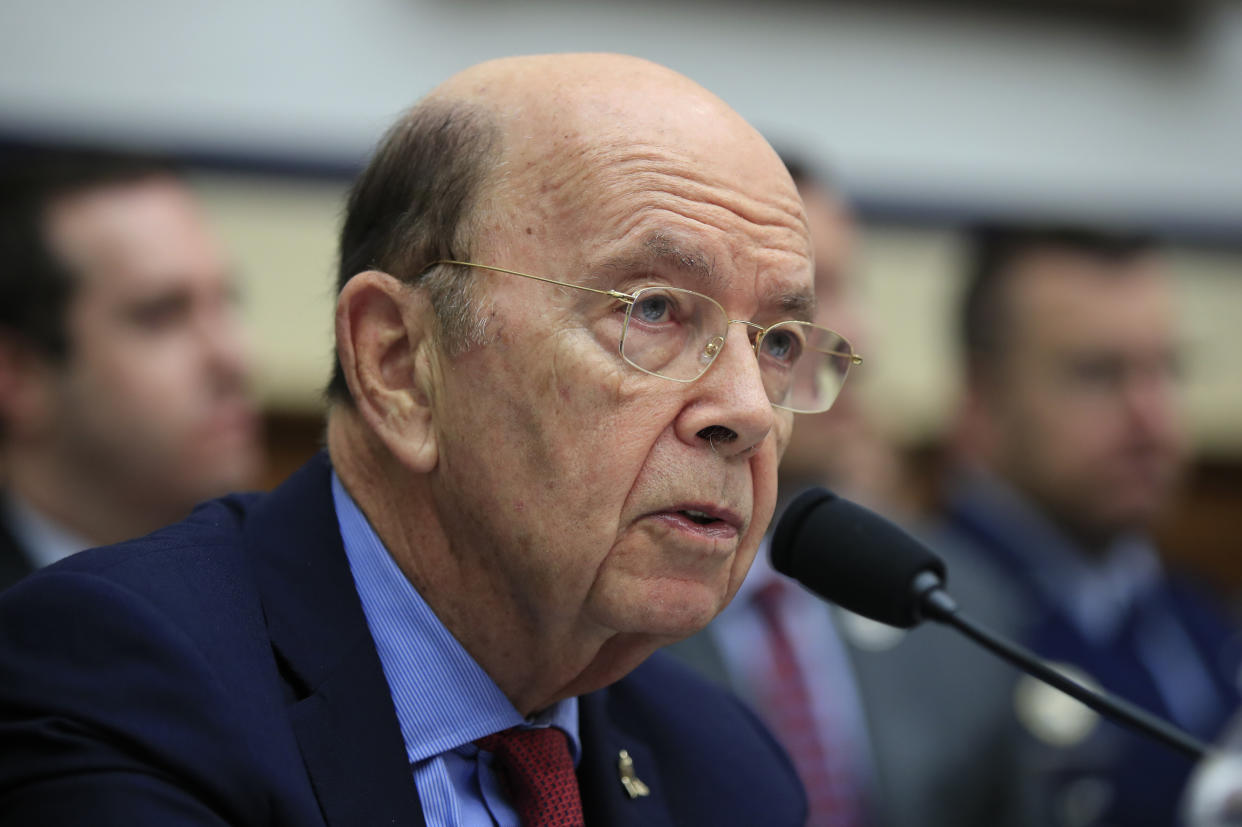Documents expose political motivation behind census citizenship question
With the Supreme Court thought to be weeks away from ruling on whether a citizenship question can be included in the 2020 census, newly discovered documents suggest that the reason the Trump administration sought to add it in the first place was to provide political advantage to “Republicans and non-Hispanic Whites.”
Found on a computer hard drive of Republican redistricting expert Thomas Hofeller by his estranged daughter following his death last August, the documents appear to show the deep political roots of the citizenship question. They include a 2015 study concluding that a census count only of citizens would provide a better way to gerrymander congressional districts that favor Republicans. “Without a question on citizenship being included on the 2020 Decennial Census questionnaire,” Mr. Hofeller wrote in excerpts published Thursday by the New York Times, “the use of citizen voting age population is functionally unworkable.”

Since December 2017, when Commerce Secretary Wilbur Ross formally requested that the Census Bureau add the citizenship question, opponents have argued that its inclusion would discourage immigrants and minority group members from participating, which would in turn result in a lower population count — and a reduction in political power — in areas more likely to vote Democratic. Ross’s statement that the question was necessary to better enforce the Voting Rights Act of 1965 was just a pretext, those opponents have said, with the real goal being a political one.
Also found on the hard drive was a draft of a letter by Hofeller justifying the question as needed to enforce the Voting Rights Act. Some of the language of that letter later appeared in requests from Ross to include the controversial question.
Stephanie Hofeller turned the hard drive over to lawyers for the plaintiffs in a separate gerrymandering case, Common Cause v. Lewis, which involves controversial electoral maps in North Carolina. Those lawyers were also representing opponents to the citizenship question in the Department of Commerce v. State of New York, which is now before the Supreme Court.
“The evidence reveals that the plan to add the citizenship question was hatched by Republicans’ chief redistricting mastermind to create an electoral advantage,” Common Cause president Karen Hobert Flynn said in a statement. “This contradicts testimony by administration officials that they wanted to add the question to benefit Latino voters, when in fact the opposite was true.”

The census is conducted every 10 years in the United States as set forth by the Constitution, which requires an “actual enumeration,” in order to apportion seats in the House of Representatives based on “the whole number of persons in each state.”
The citizenship question has not been asked of respondents since 1950, and then was only asked of the subgroup that was randomly assigned the “long-form” version of the questionnaire. If allowed by the high court, this would be the first time in history that everyone living in the United States would be asked if they were a citizen.
Experts estimate that 6.5 million people would not be counted in the 2020 census if the question were to be included, and that several states — specifically Arizona, California, Florida, Illinois, New York and Texas — would, as a result, lose seats in Congress and federal funding of programs based on population. A suit in New York aiming to block the question was heard by the Supreme Court in April. At that time, lawyers for the Trump administration argued that the value of the citizenship information in enforcing the Voting Rights Act offset any potential harm caused by depressed participation rates among immigrants and minority groups. The government also directly rebuffed arguments saying that the link to voting rights was a fabricated rationalization.
Court observers believe that the court’s new conservative majority seemed inclined to accept the administration’s argument that the question was necessary, and not political. A suit filed Thursday in Southern District Court of New York, which ruled in favor of those who would block the inclusion of the question, asks Judge Jesse M. Furman to bring “sanctions or other appropriate relief” in light of the new documents, even as the Supreme Court considers the appeal of his decision.
The Supreme Court ends its session at the end of June. The timing is significant because the final census forms are scheduled to be printed that same month.
_____
Read more from Yahoo News:

